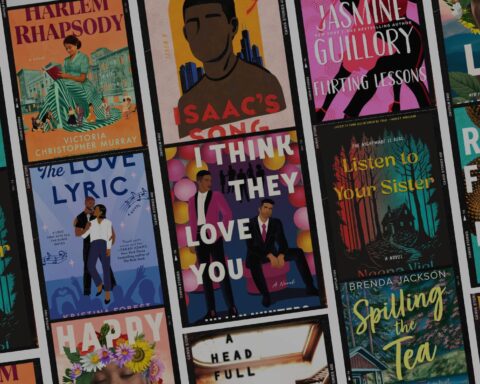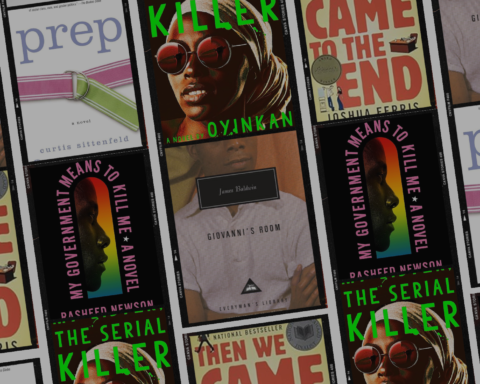I used to live in the Bronx but worked in Manhattan so I would frequently take two trains and a bus to get to my job. That type of commute might sound outrageous but it isn’t so bad! Oddly enough—and this will be the only time I do this—I would like to thank the MTA. Despite numerous delays and “train traffic ahead of us” when I got the feeling the conductor just stopped to play Words With Friends, it allowed me to do a lot of writing.
This post was actually composed on the train.
It’s a good thing, too, that I often have that time to write since I’ve been working on the next great American novel. You see, I get these bouts of writer’s block and then suddenly I begin freaking out that I’ll never write again. I’ll die with only four pages written and that’s not a life anyone wants to leave behind, right? Or I’ll die right as I sit down at my computer just knowing I’m about to purge the story from by being onto the page.
The pressure.
If you are an aspiring novelist like myself, check out these three tips on how you can take the pressure out of writing.
#1: PULL INSPIRATION FROM YOUR REAL LIFE!
Does the phrase “You couldn’t make this up” sound familiar? That’s because it’s true. Sometimes you just couldn’t make stuff up. I’ve worked in the fashion industry, music, television, and a variety of agencies. These have given me countless whackadoo characters to fictionalize and a bevy of outrageous experiences to draw inspiration from. I bet if you take a closer look at whatever field you work in, I bet there’s a story you could pull from it, too.
Don’t believe me? Freeman Hall wrote Retail Hell: How I Sold My Soul to the Store which is all about working in retail to pay the bills until he hit it big as a writer. Totally his life story! Hell, Tyler Perry has made an entire career out of real life inspirations. There is a brilliant article in The New York Times titled ‘Who Is the Bad Art Friend.’ It has completely refreshed how I’ve looked at this very approach and removed so many barriers which let my writing flow more freely.
If you haven’t tried this already, the art of pulling inspiration fro your own life, please do it! You might surprise yourself at what you’re able to generate.
#2: DON’T EDIT UNTIL YOU HAVE A ‘COMPLETED’ DRAFT
I’m not a perfectionist but, when it comes to writing fiction, I will sometimes stare at a paragraph and try to polish it up until it’s ‘perfect’ before moving on. I know this is wrong and I have gotten so much better at this. How? Well, a few very successful writers like Jason Reynolds and Tomi Adeyemi have given interviews where they’ve said 1) the first draft will always be trash but 2) you cannot fix what does not exist. I’m paraphrasing but this has become my mantra.
If you write one page of text and proceed to edit it to perfection, you’re going to be stuck writing your story for a long time! Blogging and being a freelance writer has been an incredible learning tool for me. It has taught me to hold off on editing as much as I can until a draft is finished.
#3: TRY WRITING A SHORT STORY
When I’m able to snag a seat on the train, I used to pull out my 5” x 7” notebook and scribble notes for short stories. Now I open the Notion app which helps me keep things far more organized and accessible. My method for note taking hasn’t changed, though! I’ll write a very vague snapshot of the story and will even include bits of dialogue if it comes to me. I’ve created many of these notes and have understood not all are meant to be full-length novels. Most are, in fact, short stories.
I’m not saying short stories is the answer for taking the pressure out of writing. I find them even more difficult to write due to the limited space you have! Even still, I think they can serve as great exercises. Writing short stories pushes you to find clarity. To quickly get to the heart of what you want to say. To cut the fluff. That can be difficult but it’s also very beneficial when trying to ensure everything you write has intention.



